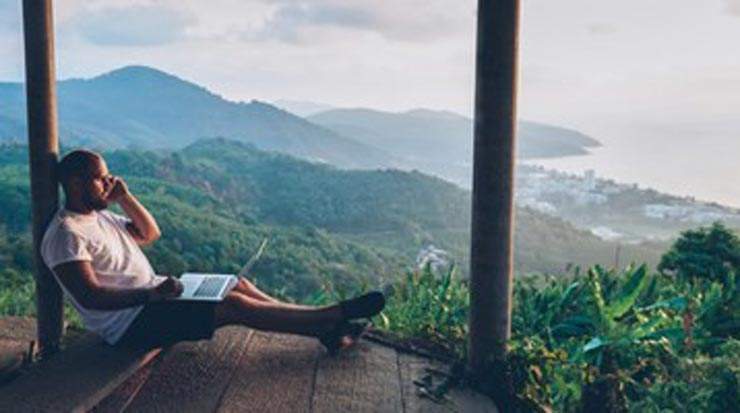Surveying more than 14,500 working adults across 16 countries, the 2022 report also sheds light on the uncomfortable reality that pandemic-era flexible work arrangements can make it more difficult to unplug (54 percent), blurring the boundaries between time on and off the clock.
While many Americans made the best of this new-found flexibility by taking a ‘workcation’ (travelling to a new destination and working remotely), most don't consider these to be ‘true’ vacations (61 percent). Furthermore, even as most Americans (78 percent) enjoy feeling ‘unproductive’ during their vacations, half bring along their work laptops and 41 percent frequently join zoom calls while OOO.
"Despite the nearly universal belief that regular vacations are critical to our health and wellbeing, the research shows we struggle to fully unplug from work," said Christie Hudson, senior PR manager, Expedia. "Instead, we try and do it all, checking email from the pool and taking work calls while out of office. This study is a reminder that vacations should be a time to rest, recharge and prioritize the things that really matter. After all, work can wait."
2022 is promising to be the year Americans take back control of how they find joy during vacations and give themselves permission to PTO. In fact, working adults in the US vowed to take an average of 14 days this year – almost three days more than they took in 2021 – and nearly all (92 percent) agree that regular vacations are important for general health and well-being.
44 percent of Americans have already booked a trip to look forward to and, based on 2021 habits, they are more likely than most other regions around the world to splurge on upgrades such as choosing a bigger room or flying first class, stopping at multiple destinations during a single trip or booking back-up trips.









